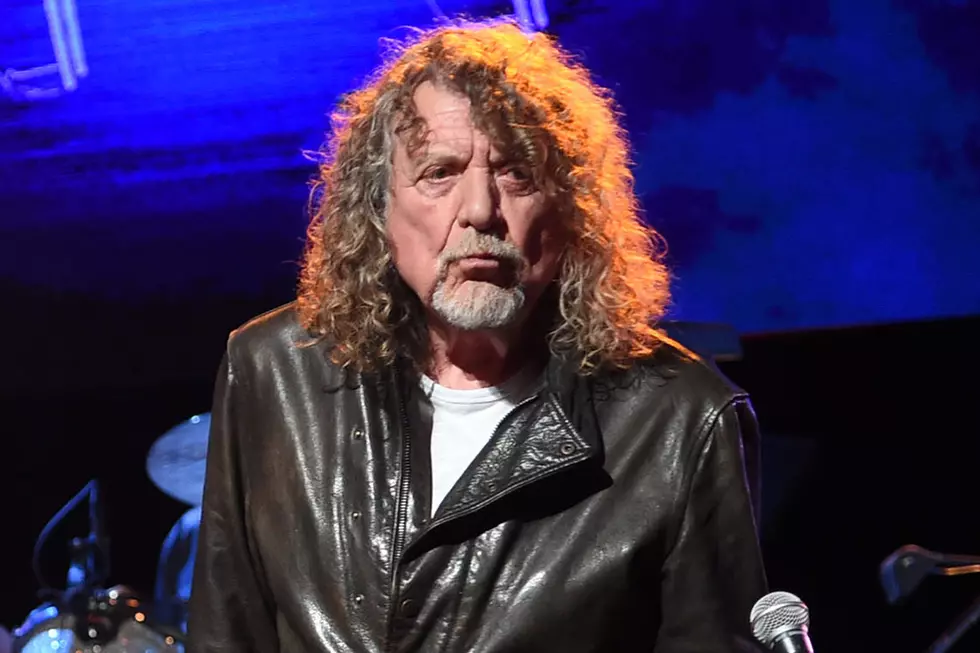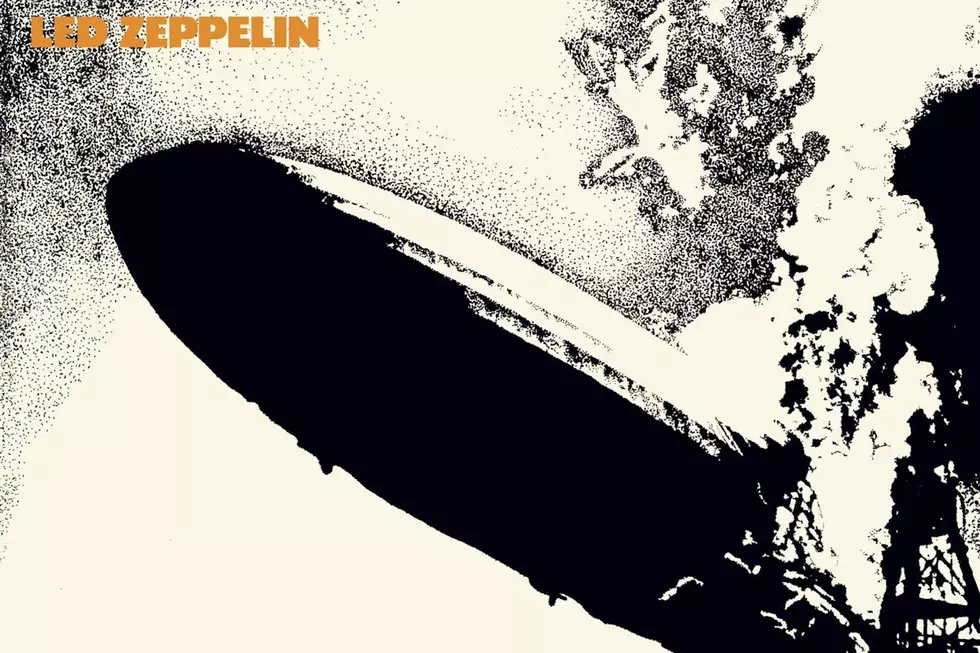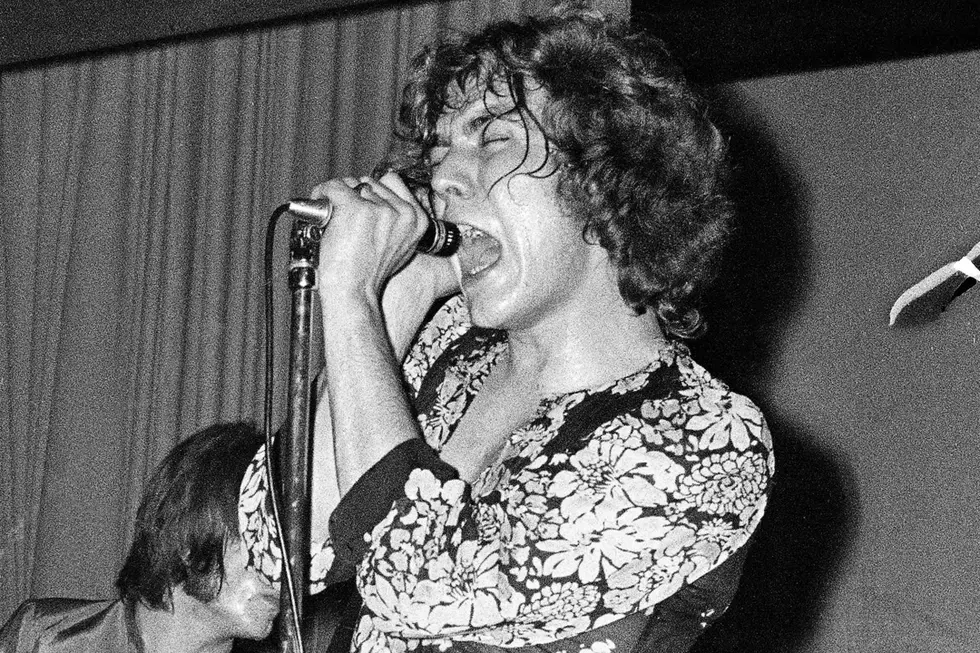
Jimmy Page on the Making of ‘Whole Lotta Love': ‘Evil Sounds That You’re Not Supposed to Hear’
Jimmy Page clearly had a ton of material to choose from when he sat down to curate the previously unreleased material included in the upcoming Led Zeppelin reissues. During a recent interview with Guitar World, he opened up about the selection process behind one of the tracks: an early take of 'Whole Lotta Love' from 1969's 'Led Zeppelin II.'
"At this point in the song’s evolution, I knew in my head how the whole arrangement was going to go, but I wanted people to hear how focused we were on creating a foundation that was intense," Page responded when asked why he chose that particular performance. "And it is intense!...I think [Robert Plant]’s performance on this track is also a revelation. He’s just singing a guide vocal, but it’s pretty damn good, isn’t it? And even though you only hear some of the drums, little bits of the final Theremin part and some of Robert’s vocal in the middle section, it’s really atmospheric and stands on its own merits."
No 'Whole Lotta Love' discussion would be complete without a few words about how the band created the array of oddball noises in the middle section, and Page gamely shared a few bits of information, saying, "I knew what I wanted, and I knew how to go about it. It was just a matter of doing it. I created most of the sounds with a Theremin and my guitar. The Theremin generates most of higher pitches and my Les Paul makes the lower sounds."
Obviously, it isn't quite that simple. "I de-tuned it radically and just basically pulled on the strings to make an assortment of growling noises," continued Page. "Evil sounds that you’re not supposed to hear on commercial radio. [laughs] I might’ve de-tuned it to a chord, but really I’m just pulling on strings and making them howl! And then, during the mix, with the aid of engineer Eddie Kramer, we did all the panning and added the effects, including using Low Frequency Oscillators on the tape machine to really pull the whole thing down and lift it back up so the sound is moving in rhythm. It was something no one had ever done before in that context, let alone in the middle of a song. That’s how forward thinking we were, that’s how avant-garde it was, and that’s how much fun we were having."
It was all ultimately due to what Page referred to as the "advantage of having artistic control." As he put it, "None of that might’ve happened if [I] had an outside producer. They might’ve questioned, or not understood, what I was doing, or thought I was just making a bunch of noise. I was able to make sure our ideas were carried out without interference."
More From Ultimate Classic Rock









